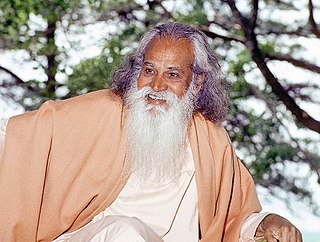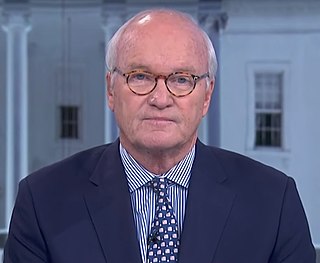A Quote by Josiah Royce
A crowd, whether it be a dangerous mob, or an amiably joyous gathering at a picnic is not a community. It has a mind, but no institutions, no organizations, no coherent unity, no history, no traditions.
Related Quotes
The big tradition, I think, is unity. And I have that in mind; and with that, you know, you could break all the traditions- all the other so-called rules, because they are stylistic.. and most are not true. As long as the marks are related to one another, there is unity. Unity in the work itself depends on unity of the artist's vision.
Whatever you want to call it, socialism, liberalism, this is who they are. They corrupt everything. Folks, their targets are the institutions and traditions that have given the world its morality, its virtue. The institutions and traditions which have defined freedom and liberty. That's what the left attacks.
Through my Faith-Based and Community Initiative, my Administration continues to encourage the essential work of faith-based and community organizations. Governments can and should support effective social services, including those provided by religious people and organizations. When government gives that support, it is important that faith-based institutions not be forced to change their religious character.
While science has nothing of value to say on the great and aching questions of life, death, love, and meaning, what the religious traditions of mankind have said forms a coherent body of thought... There is recompense for suffering. A principle beyond selfishness is at work in the cosmos. All will be well. I do not know whether any of this is true. I am certain that the scientific community does not know that it is false.
All the organizations and officials of Chongryon, regarding this unity as the great foundation of the movement of Koreans in Japan, should rally themselves around the central leadership with one mind and purpose, and accomplish its patriotic cause, which was pioneered with comradely unity, by dint of comradeship.
All of these riots around the globe are endangering the world. And mobs are always dangerous, destructive things that end society. Liberal policies promote mobs because liberals crawl on the mobs, the destruction wrought by the mobs to attain power. Tere's only one way to react to a mob to save civilized society, and that is to smash the mob. It is not to mollycoddle the mob.
We believe in a free Europe, not a standardised Europe. Diminish that variety within the member states, and you impoverish the whole Community. We insist that the institutions of the European Community are managed so that they increase the liberty of the individual throughout the continent. These institutions must not be permitted to dwindle into bureaucracy. Whenever they fail to enlarge freedom the institutions should be criticised and the balance restored.
Institutions develop because people put a lot of trust in them, they meet real needs, they represent important aspirations, whether it's monasteries, media, or banks, people begin by trusting these institutions, and gradually the suspicion develops that actually they're working for themselves, not for the community.









































